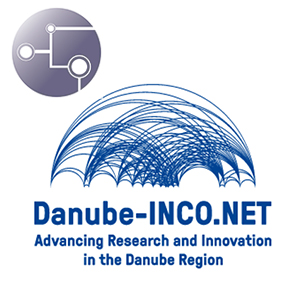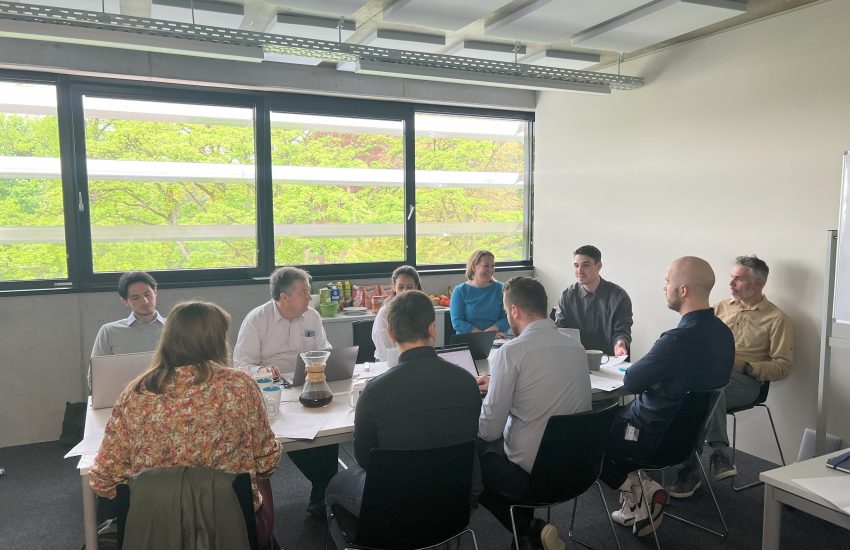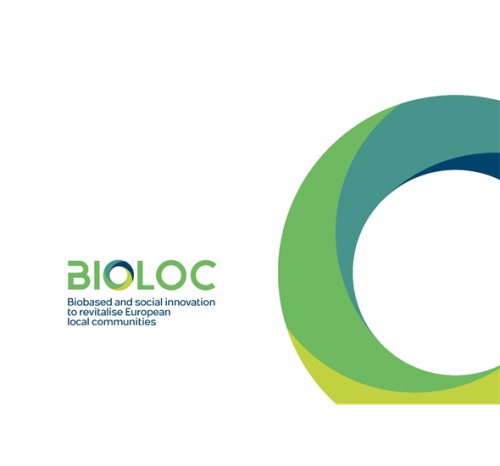Report on mapping of R&I stakeholders in the Danube Region is available
In April 2015, Danube-INCO.NET finished the report on ‘Mapping of relevant stakeholders in Danube Region describing activities, positions, and good practices including recommendations for synergies’.
The project Danube-INCO.NET aims, among others, to support R&I policy dialogue mainly in the EUSDR Priority Area Steering Groups and to exchange information on existing stakeholders in the field of R&I in the Region. The main goal of the report is, through the analysis of R&I related stakeholders, programmes and initiatives, to identify possible synergies and transferable good practices. The results of this analytical work support the better exploitation of existing initiatives and programmes, an enhanced dialogue among stakeholders, as well as more targeted actions in the field of R&I and education with an overarching aim of supporting the implementation of the related actions of EUSDR.
The present report examined 40 stakeholders (including initiatives and programmes) among others: networks (e.g. DRC, CASEE, CEI UniNet), associations (e.g. EURADA), organizations of an intergovernmental feature (e.g. CEI, SEECP), international organizations (e.g. BSEC, Visegrad Group), EU programmes and initiatives (e.g. SEE, Danube Transnational) as well as other relevant international actors (e.g. UNESCO, Eurochambers). During the analytical and empirical data gathering special attention was devoted to the outcomes of their recent activities, good practices to be transferred to other programmes or initiatives, and their future priorities in order to define synergies and formulate policy recommendations.
The outcomes of the analysis gave evidence that following the identification of synergies and best practices there is a significant need in defining recommendations for their enhanced exploitation and possible harmonization. Therefore detailed proposals were made relating to the following issues:
1) Reinforced policy dialogue among regional stakeholders to exploit synergies and achieve mutual goals, i.e. harmonizing programmes, avoiding unnecessary overlaps, supporting the regional innovation fund.
2) Enhanced involvement of stakeholders in the implementation of EUSDR, i.e. tightening linkages with EU organizations and networks and reinforcing coordination at national level.
3) Extending joint programmes to connect and exploit their potentials of the Region, i.e. expanding joint programmes, funding complementary activities or other forms of cooperation (joint use of infrastructure, know-how transfer, etc.).
4) Practical support to the RI community, i.e. more structured information on funding possibilities, lessening administrative burdens, networking opportunities
5) Strengthened dialogue among the academia – industry – government, i.e. developing joint research – innovation – education programmes.
Regional stakeholders are envisaged to get engaged in a multilateral dialogue with each other to achieve the above-listed goals. The project Danube-INCO.NET aims at facilitating the set-up and framing of this dialogue by organizing dedicated events, which will focus on presenting the report at hand and its results, providing a platform for stakeholders to share their reflections and their own experiences, and launching a multilateral dialogue. The first occasion will be the Danube-INCO.NET Stakeholders Workshop which is being organized back-to-back to the upcoming meetings of the Steering Platform on Research for the Western Balkan countries taking place in Budapest, Hungary on 8-9 June 2015.
The report on the mapping of relevant stakeholders in the Danube Region is available here.
Further information on the Danube-INCO.NET Stakeholders Workshop is available here.



